BEIJING (PTI): In a bid to regulate foreign ships, China on Sunday notified new maritime rules warranting vessels carrying radioactive materials, bulk oil, chemicals and a host of other supplies to report the details of the cargoes upon their entry into Chinese waters.
The new rules are expected to increase tensions if China strictly enforces them in the disputed South China Sea and the Taiwan straits where the US and its allies have been conducting naval expeditions, challenging Beijing's claims to assert the freedom of navigation.
Beijing claims almost all of the 1.3 million square-mile South China Sea as its sovereign territory. China has been building military bases on artificial islands in the region also claimed by Brunei, Malaysia, the Philippines, Taiwan and Vietnam.
According to a notice from China's maritime safety authorities issued over the weekend, operators of submersibles, nuclear vessels, ships carrying radioactive materials and ships carrying bulk oil, chemicals, liquefied gas and other toxic and harmful substances are required to report their detailed information upon their visits to Chinese territorial waters.
In addition to these types of vessels, vessels that may endanger the maritime traffic safety of China prescribed by laws should also follow the new regulation which will take effect from September 1, the state-run Global Times quoted the notice from Maritime Safety Administration.
Those vessels should report the name, call sign, current position and next port of call and estimated time of arrival. The name of shipborne dangerous goods and cargo dead-weight are also required in the report, the report said.
Chinese experts told the Global Times they view the roll-out of such maritime regulations as a sign of stepped-up efforts to safeguard China's national security at sea by implementing strict rules to boost maritime identification capability.
The reference to submersible reportedly refers to unmanned spy devices found by the Chinese fishermen in China's coastline.
Song Zhongping, a military expert and TV commentator, said the new announcement showcases China's determination to regulate the foreign vessels' right of use within the country's territorial waters, which should be based on proper identification.
Tensions between China and the US over Taiwan and the South China Sea coupled with growing discord between the two countries over the origin of coronavirus, Tibet, Xinjiang and Hong Kong have remained high after Joe Biden took over as the President of America in January 2021.
On Friday, the Chinese Defence Ministry termed as provocative the crossing of two US naval ships through the Taiwan Strait, in what the US Pacific Fleet described as a routine operation.
This was the eighth time the US naval ships passed through the channel after Biden became the president.
The frequent provocative moves [the passage of American vessels] are of a very bad nature and show the US is the biggest destroyer of peace and stability and the biggest maker of security risks across the Taiwan Strait, Chinese defence ministry spokesman Tan Kefei said.
The US Navy and Air Force also conducted such missions in the disputed South China Sea to assert freedom of navigation challenging China's claims of sovereignty over the area.
China clamps new rules to regulate foreign ships in its waters
Article Posted on : - Aug 30, 2021
Other Related News
India working on 'military space doctrine', expected to be out in three months: CDS
India is working on a "military space doctrine" that is likely to be brought out in two to three months, Chief of Defence Staff (CDS) General Anil Chauhan has said.
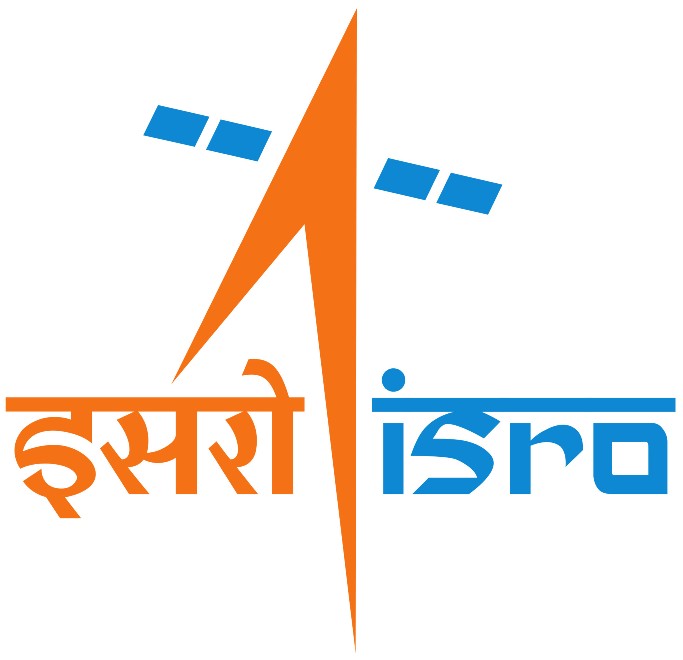 Previous Article
Previous Article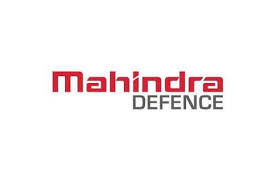 Next Article
Next Article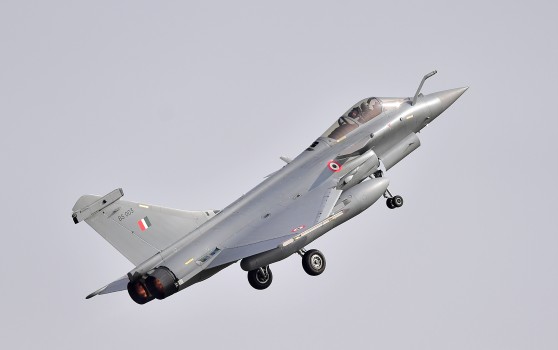

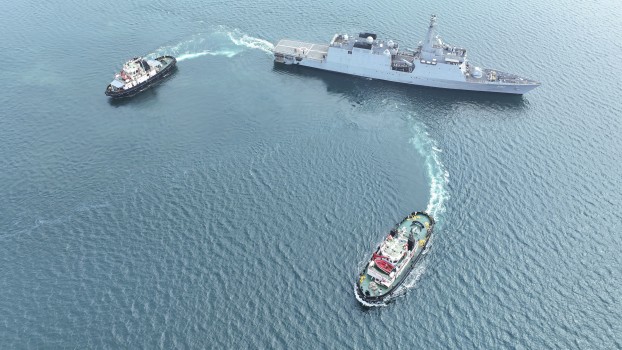
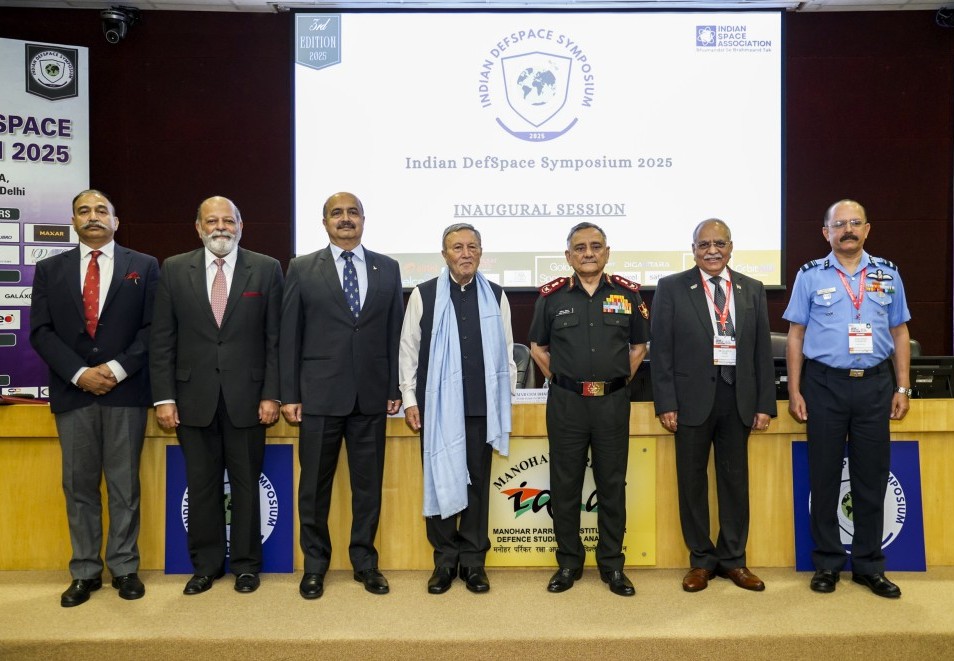










The Indian Air Force, in its flight trials evaluation report submitted before the Defence Ministry l..
view articleAn insight into the Medium Multi-Role Combat Aircraft competition...
view articleSky enthusiasts can now spot the International Space Station (ISS) commanded by Indian-American astr..
view article